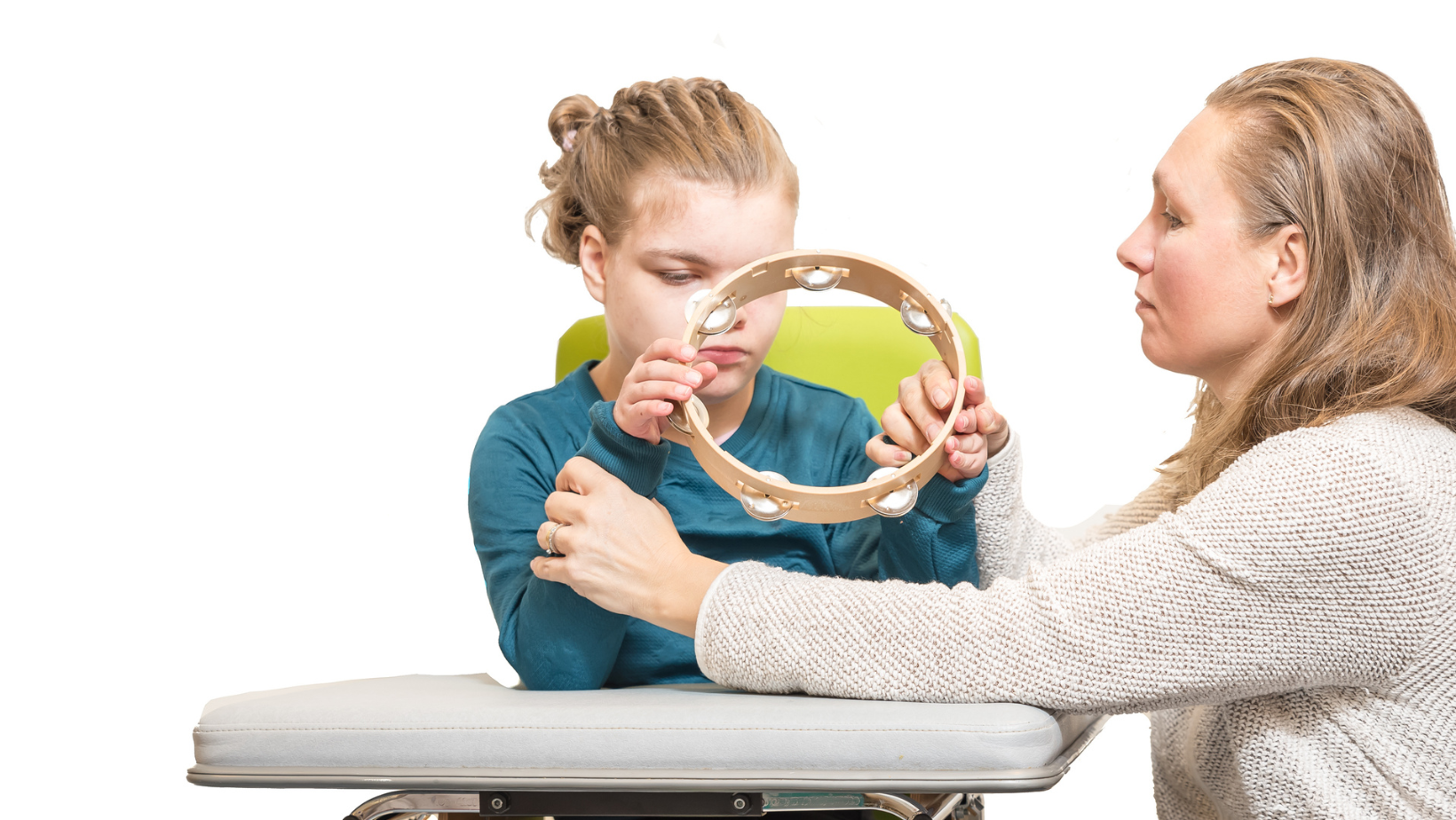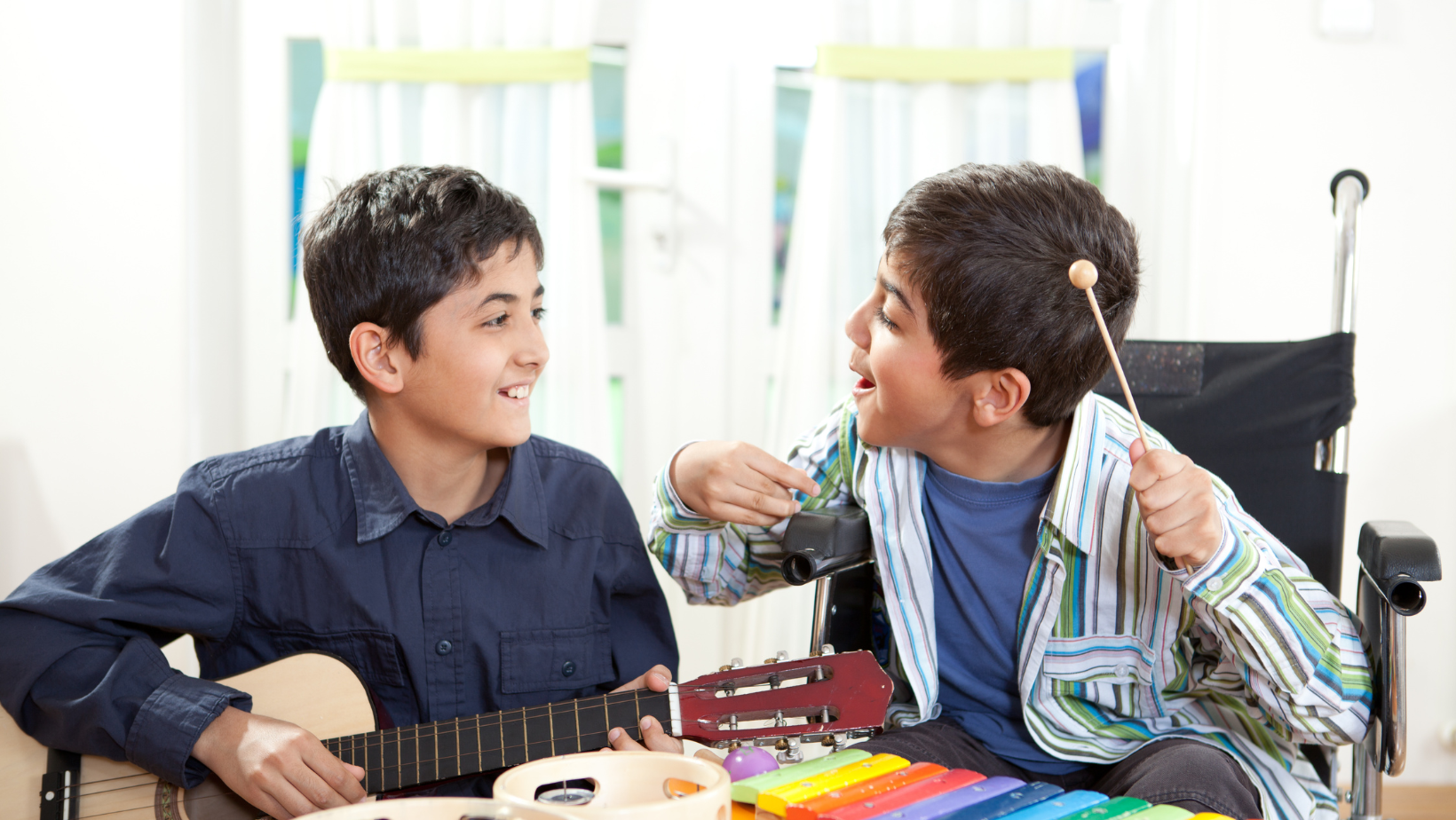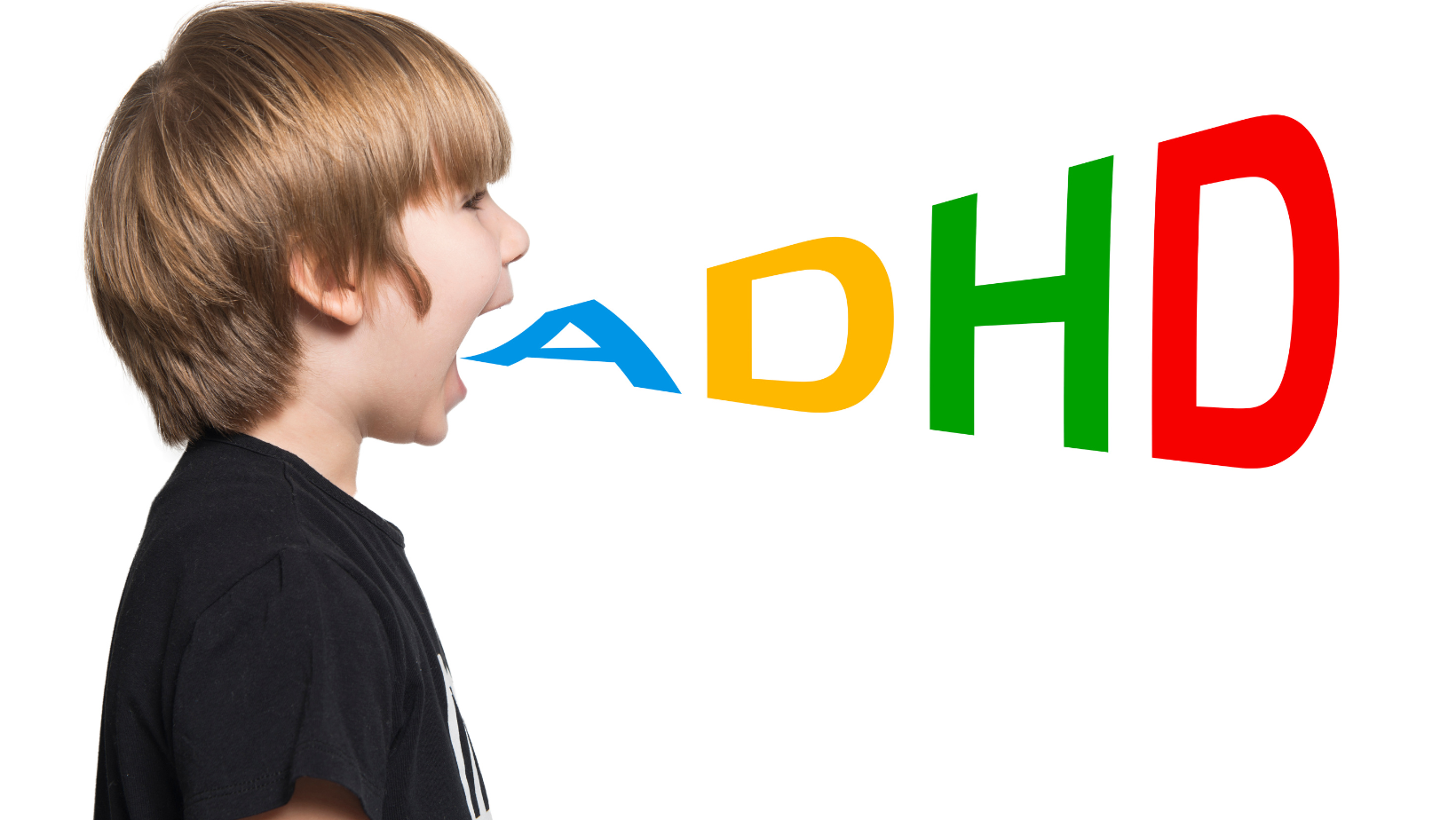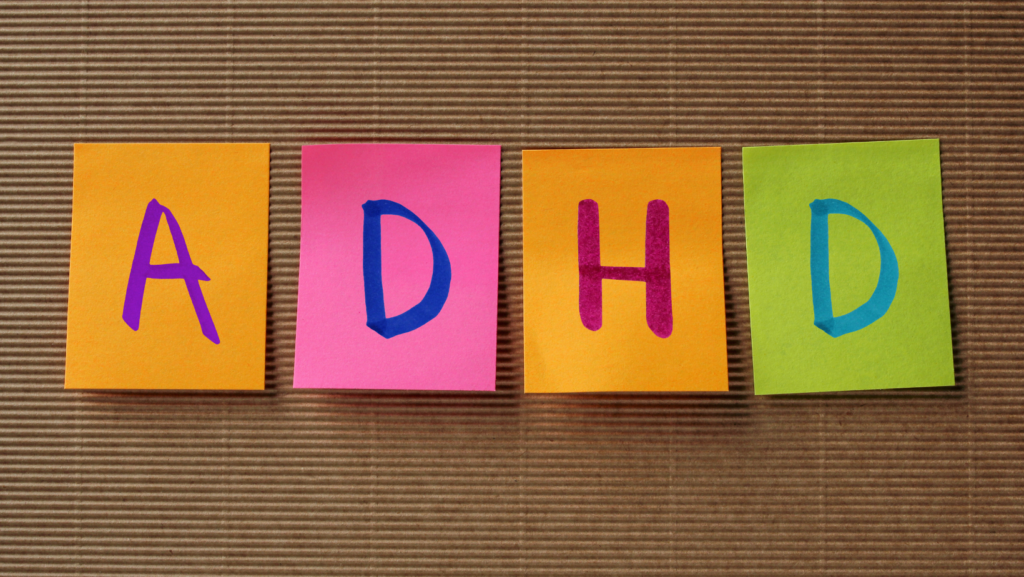Imagine a therapy that doesn’t involve medication, doesn’t require a doctor’s visit, and can be done anywhere.
Stay tuned to learn more about this fascinating approach to managing ADHD.
ADHD and Music Therapy
People around the world see ADHD music therapy as a useful method for managing ADHD symptoms. It’s not a curative treatment, but rather, it’s a supportive measure used in conjunction with other treatment modalities.
Enhancing Focus and Concentration
 Music therapy plays a critical role in enhancing focus and concentration in individuals with ADHD. Participating in activities that involve rhythm, such as drumming or clapping, helps train the brain to concentrate. This training, backed by a study in The Journal of Neuropsychiatry and Clinical Neurosciences, is said to improve sustained attention, working memory, and cognitive flexibility.
Music therapy plays a critical role in enhancing focus and concentration in individuals with ADHD. Participating in activities that involve rhythm, such as drumming or clapping, helps train the brain to concentrate. This training, backed by a study in The Journal of Neuropsychiatry and Clinical Neurosciences, is said to improve sustained attention, working memory, and cognitive flexibility.
Another area where music therapy shows great promise is in dealing with emotional dysregulation, commonly experienced by individuals with ADHD. Emotions set to music have the power to provoke responses, manage mood, and affect emotional states. A study published in The British Journal of Psychiatry showed how music therapy, when used over a period, fostered better emotional regulation. Effective emotional regulation strategies help in reducing impulsivity, one of the main symptoms of ADHD.
Boosting Social Skills
In addition to enhanced focus and improved emotional regulation, music therapy boosts social skills among those diagnosed with ADHD. Participating in group music therapy sessions encourages cooperation and fosters responsiveness to others’ needs. Music activities, like playing in a band or singing in a choir, require collaboration and synchrony. These social interactions benefit people with ADHD by improving their ability to communicate and work with others.
Implementing Music Therapy
Applying music therapy to address ADHD symptoms can be a synergistic part of an individual’s comprehensive treatment plan. Two main avenues of integrating music into everyday life include simple strategies for home use and engaging with professional music therapists.
Strategies for Incorporating Music at Home
 Incorporating music into daily routines is one of the first steps individuals with ADHD can take at home.
Incorporating music into daily routines is one of the first steps individuals with ADHD can take at home.
- Creating structure with rhythm: Begin the day with a set of rhythmic music. This reinforces routine and helps in pacing the morning activities, almost like a melodic checklist.
- Designing Music Breaks: Schedule small music breaks throughout the day. These breaks serve as anchors, allowing a mental reset while boosting focus and productivity.
- Instrument play: Engage in light instrument play during downtime. This promotes coordination and cognitive engagement.
- Bedtime songs: Utilize soothing music to signal the end of the day, preparing the mind for sleep.
Yet, consistent implementation necessitates professional guidance to tap into the true potential of music therapy.
Working with Professional Music Therapists
 Working with a professional ensures that the musical interventions align with the unique needs of the individual. Here’s how a certified music therapist can elevate an ADHD treatment plan.
Working with a professional ensures that the musical interventions align with the unique needs of the individual. Here’s how a certified music therapist can elevate an ADHD treatment plan.
- Tailored Sessions: They provide bespoke music therapy sessions based on individual traits and preferences, enhancing engagement levels.
- Continuous Assessment and Adjustments: They routinely assess progress and adjust the therapy plan as needed, ensuring the interventions remain relevant.
- Structured Group Sessions: They may include group sessions which offer a chance to enhance social skills like cooperation, communication, and listening.
Remember, the combined efforts of at-home adaptations and professional music therapy contribute to a robust and effective ADHD management plan.
ADHD Music therapy potential in managing ADHD symptoms can’t be overstated. It’s a tool that offers unique benefits, from easing daily challenges to enhancing overall well-being. The key lies in personalizing therapy to individual needs and fostering long-term therapeutic relationships. While incorporating music at home is beneficial, professional music therapists’ expertise is paramount in crafting tailored sessions. However, it’s important to remember that progress may be gradual, and assessing improvement over time can be challenging. Despite these hurdles, the rewards of ADHD music therapy are significant, making it a worthwhile consideration for those seeking alternative or supplemental therapeutic approaches.

